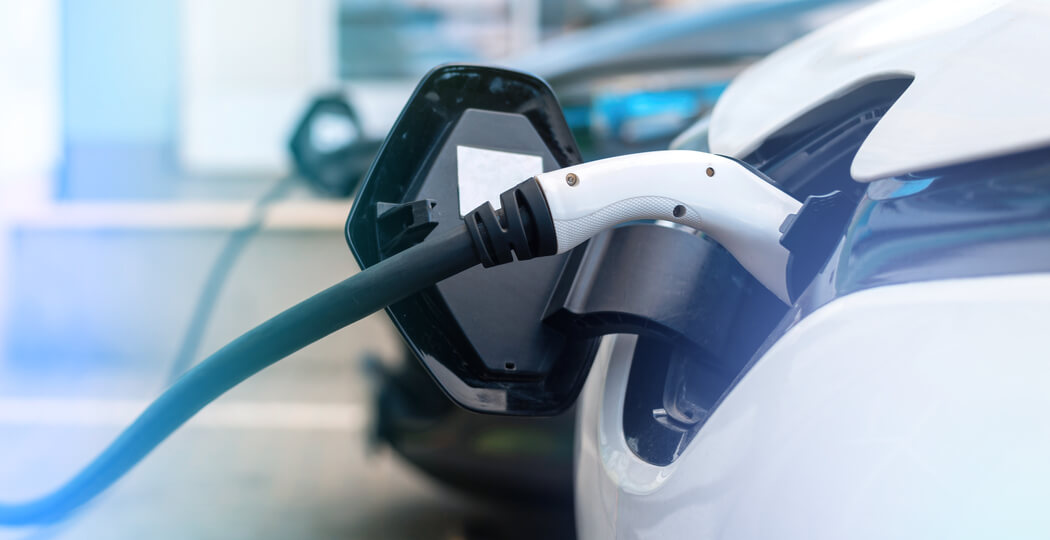
Understanding how much electricity an electric car consumes is crucial for prospective EV owners. This article breaks down the complexities, focusing on kilowatt-hours (kWh), efficiency, and the associated costs.
How Much Electricity Does an Electric Car Consume? (PDF)
The EV Battery: A Fuel Tank Analogy
Picture an EV’s battery as the equivalent of a traditional car’s fuel tank. These batteries, housed in the vehicle’s floor, vary in capacity, offering driving ranges from 100 to 500 miles when fully charged. But how do you measure the electricity these batteries consume?
Understanding Electricity Consumption
For EVs, electrical usage is measured in kilowatt-hours (kWh). To put it simply, a kilowatt (kW) is 1,000 watts (W), and kWh measures the amount of kW used per hour. To relate, think of a kitchen blender using 1,000 watts (1 kW) for an hour, consuming 1 kWh of electricity.
The battery size of an EV ranges from 30 kWh in a small model like the Mini Cooper SE to over 200 kWh in a robust vehicle like the GMC Hummer EV truck.
Unlike gas-powered vehicles measured in miles per gallon, EVs are evaluated by the Environmental Protection Agency in terms of kWh used per 100 miles. This efficiency rating, available on the Department of Energy’s website or an EV’s window sticker, allows you to gauge how much energy your electric car consumes.
Calculating Energy Consumption
To make things simpler, let’s convert the efficiency rating to kWh per mile by dividing it by 100. For instance, an efficient EV using 0.25 kWh per mile and driving the U.S. average of 37 miles per day would consume around 281 kWh per month.
Conversely, an inefficient EV using 0.63 kWh per mile would consume about 700 kWh per month. The average efficiency, according to EnergySage, is around 0.35 kWh per mile, totaling approximately 394 kWh per month for the average driver.
Cost Considerations
Understanding the electricity consumption of an EV is crucial to estimating costs. Electricity rates for homeowners vary widely across the U.S., and costs depend on the utility plan you have. To calculate the annual cost of charging an EV at home, multiply the vehicle’s kWh per mile estimate by your annual mileage and then multiply that by the cost of electricity.
For example, an EV using 0.35 kWh per mile and driving 13,500 miles a year, charged at a rate of 20 cents per kWh, would cost about $945 annually.
Conclusion
While the idea of estimating electric car energy consumption may seem daunting, breaking it down into manageable steps makes it more approachable. Understanding the intricacies of kWh, efficiency ratings, and calculating costs empowers you to make informed decisions about owning and operating an electric vehicle.
As the automotive landscape continues to evolve, having a grasp on these fundamentals ensures you can confidently navigate the world of electric transportation.





